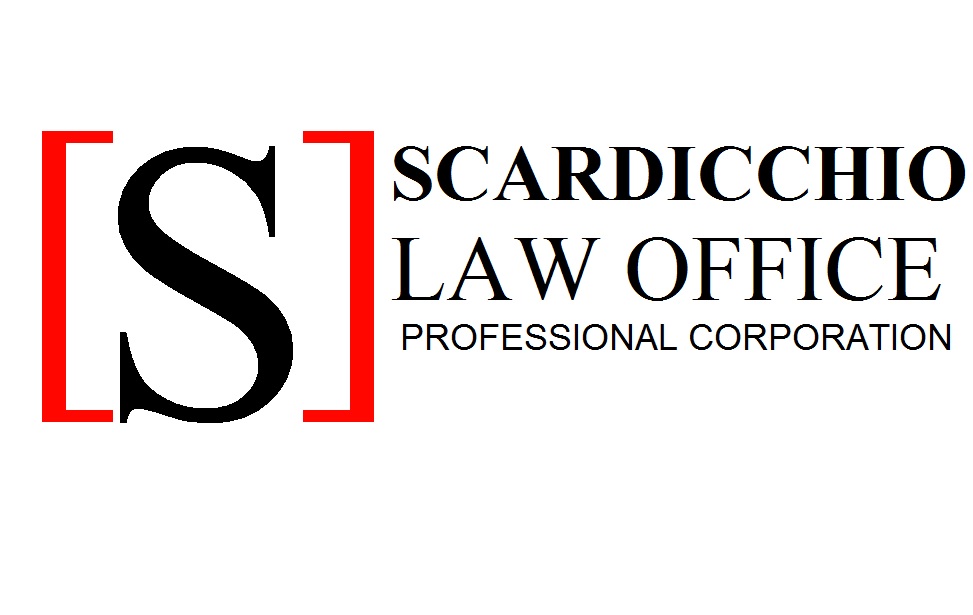Scheduling a trial in Ontario for a criminal case involves many steps before it gets set down for trial, including conducting meetings with the Crown to discuss disclosure issues, and the possible need to schedule and conduct a judicial pre-trial where we discuss the case, potential Charter motions, and time estimates for trial, including number of witnesses, with a Judge.
In Ontario, a trial is where you will present evidence and provide arguments to a Judge or Jury in order to determine guilt or innocence. Evidence is called, whether viva voce (person testimony) or documentary evidence, and each counsel will be able to cross-examine the witnesses at a trial.
The court opens with an Arraignment, which is where the Clerk of the Court will read the offences for which you are charged, and then ask you how you plead: guilty or not guilty. In a trial, you will plead “not guilty”.
After the Crown’s case, and the defence’s case, both sides will present closing arguments which is an overview of the evidence, testimony, and legal arguments. If it is a jury trial, then the jury is given time to think about the evidence presented by both sides, and they are provided time to deliberate. Once they have come to a decision, they will be called upon to tell the court their verdict. If the trial is a Judge alone trial at the Ontario Court of Justice, the Judge may require some time to analyse the evidence of both counsel, and ask to return on a different date to provide their ruling. The Criminal Lawyers at Scardicchio Law Office Professional Corporation have experience with trials at all levels of Court in Ontario, including the Court of Appeal, and if you have been charged with a serious crime in Ontario, it is important to understand the case against you and hire a criminal law team that will explain each step of the criminal process to you so you can navigate your court case effectively.


MYGTALAWYERS IS A LICENSED TRADEMARK
